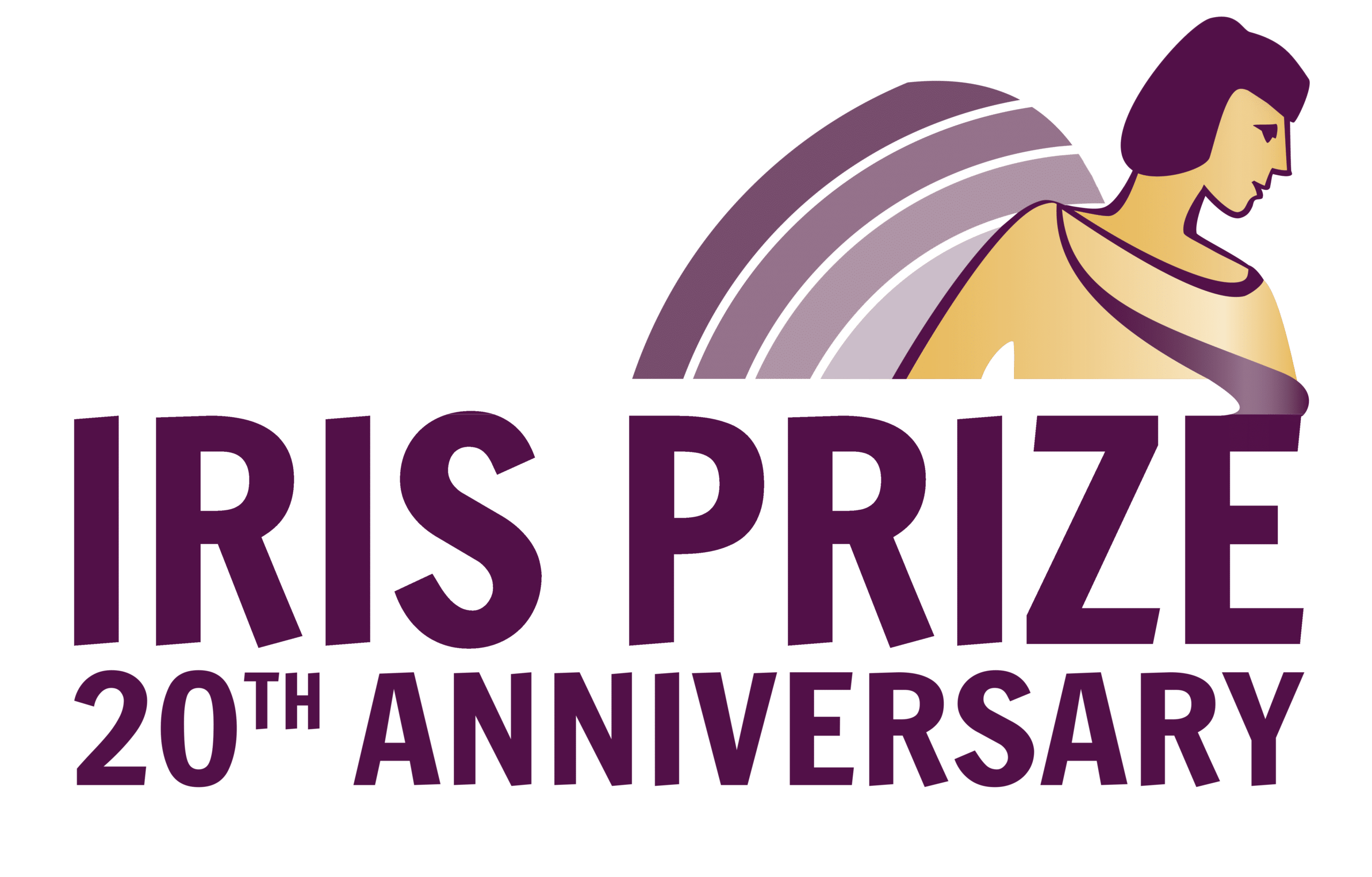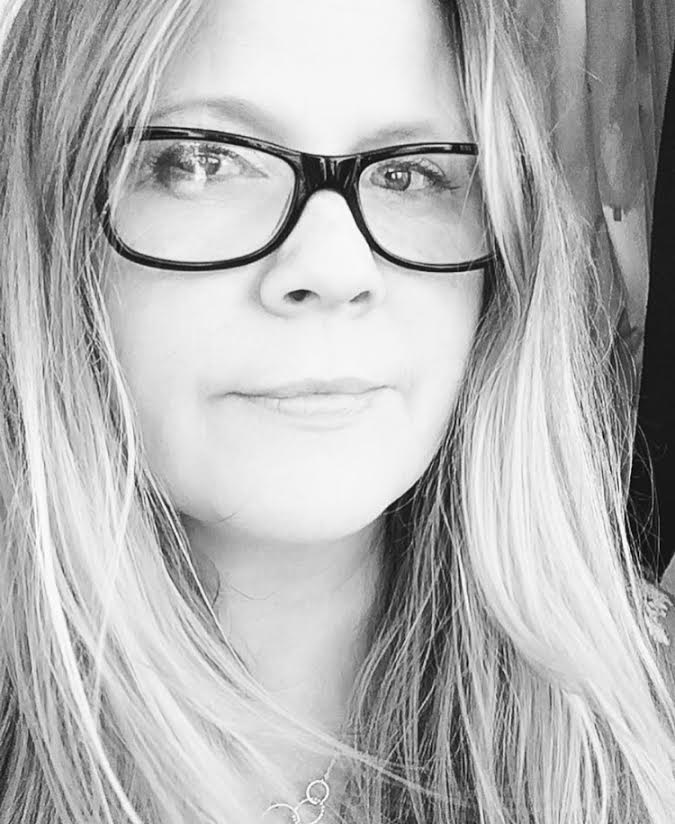IRIS PRIZE + BEST BRITISH – BACHELOR, 38
The Iris Blogger chats with Angela Clarke about her documentary, shortlisted for both the Best British and Iris Prize.
With a long and successful career in television, Angela Clarke has now turned her hand to the documentary portrait with
Bachelor, 38. This short but very moving character study captures the reminiscences of Cardiff resident Bryan Bale, as he looks back on his life as a gay man from the 1950s and ‘60s to the present day.
IRIS BLOGGER: How did you meet Bryan?
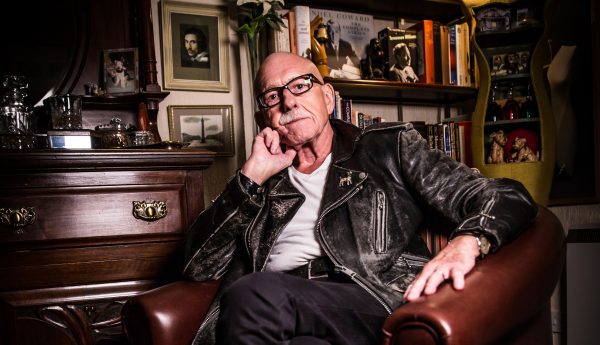 ANGELA CLARKE:
ANGELA CLARKE: A friend met Bryan at a party, and told me he was a great character so she gave me his number and we arranged to meet up. We hit it off straight away and he agreed at the end of the first meeting to work with me.
IB: Did you already have a documentary in mind, or did the project start with him?
AC: I didn’t have a specific project in mind, but I was blown away when Bryan started to tell me about the secret adverts in the newspapers, so that sparked my initial interest in telling his story. And then when I heard the whole story, I just wanted to share it with other people.
IB: He’s very talkative and very open when talking about his life. How did you go about editing his interviews down into a short film?
AC: Well, I chose to shoot Bryan’s master interview pretty soon after we first met as I wanted to capture the emotion of him recalling the story after such a long time on camera. The interview was about two-and-a-half hours in total, so straight after the record I made notes of the sections that made me laugh and cry, and started editing it down from there.
IB: Was that a challenge, and were you ever tempted to make a longer film?
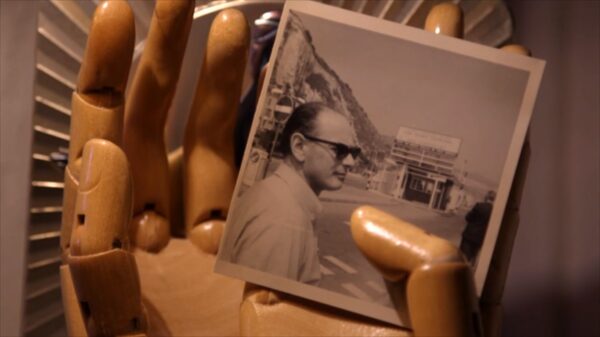 AC:
AC: Yeah, it was a huge challenge because Bryan has a wonderful turn of phrase and an amazing memory for detail, so there was so many moments to choose from! But I had no funding for this film at all and because I knew I wanted to shoot bits of recon for the key moments, that kinda dictated the duration. But if I’d had funding, I’d have probably made it longer.
IB: There’s very little oral history about LGBT+ people's lives in Wales on film - much of even the recent past seems lost in the mists of time, and many older people are understandably reticent about opening up on camera. What tips would you give those wanting to follow in your footsteps and capture some of those stories while we still can?
AC: I think when you ask anyone to share intimate details of their life on camera, you have a duty to put them at ease and give them the opportunity to tell their story in their own words. I felt quite strongly that I didn’t want my voice in the film, I wanted Bryan to own his story and tell it with the dignity it deserved, especially given the fact he’d been denied the opportunity to be recognised as John’s life partner without prejudice, when they were in love. So I think I’d say just listen and make sure you keep the essence of their experience.
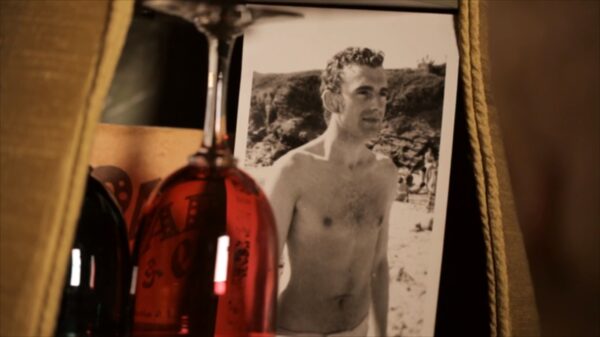 IB: You're the first Cardiff filmmaker to be shortlisted in both short film categories since the introduction of the Best British award. Does having the festival on home turf make that more or less of a Big Deal?
AC:
IB: You're the first Cardiff filmmaker to be shortlisted in both short film categories since the introduction of the Best British award. Does having the festival on home turf make that more or less of a Big Deal?
AC: I’m really excited for the festival, and the fact it’s in Cardiff is great. It’s amazing to be shortlisted in both categories, and I’m pleased people will get the opportunity to see the film twice if they want!
IB: You've directed television documentaries on big, sweeping subjects for broadcasters such as National Geographic. Do you see yourself doing more of these intimate character studies, like Bachelor, 38 in future? What's next?
AC: It was great to make this film and I’d love to make more like it. You can’t beat a good love story! Who knows what’s next. If I’m lucky I might meet another great character at Iris!
 ANGELA CLARKE: A friend met Bryan at a party, and told me he was a great character so she gave me his number and we arranged to meet up. We hit it off straight away and he agreed at the end of the first meeting to work with me.
IB: Did you already have a documentary in mind, or did the project start with him?
AC: I didn’t have a specific project in mind, but I was blown away when Bryan started to tell me about the secret adverts in the newspapers, so that sparked my initial interest in telling his story. And then when I heard the whole story, I just wanted to share it with other people.
IB: He’s very talkative and very open when talking about his life. How did you go about editing his interviews down into a short film?
AC: Well, I chose to shoot Bryan’s master interview pretty soon after we first met as I wanted to capture the emotion of him recalling the story after such a long time on camera. The interview was about two-and-a-half hours in total, so straight after the record I made notes of the sections that made me laugh and cry, and started editing it down from there.
IB: Was that a challenge, and were you ever tempted to make a longer film?
ANGELA CLARKE: A friend met Bryan at a party, and told me he was a great character so she gave me his number and we arranged to meet up. We hit it off straight away and he agreed at the end of the first meeting to work with me.
IB: Did you already have a documentary in mind, or did the project start with him?
AC: I didn’t have a specific project in mind, but I was blown away when Bryan started to tell me about the secret adverts in the newspapers, so that sparked my initial interest in telling his story. And then when I heard the whole story, I just wanted to share it with other people.
IB: He’s very talkative and very open when talking about his life. How did you go about editing his interviews down into a short film?
AC: Well, I chose to shoot Bryan’s master interview pretty soon after we first met as I wanted to capture the emotion of him recalling the story after such a long time on camera. The interview was about two-and-a-half hours in total, so straight after the record I made notes of the sections that made me laugh and cry, and started editing it down from there.
IB: Was that a challenge, and were you ever tempted to make a longer film?
 AC: Yeah, it was a huge challenge because Bryan has a wonderful turn of phrase and an amazing memory for detail, so there was so many moments to choose from! But I had no funding for this film at all and because I knew I wanted to shoot bits of recon for the key moments, that kinda dictated the duration. But if I’d had funding, I’d have probably made it longer.
IB: There’s very little oral history about LGBT+ people's lives in Wales on film - much of even the recent past seems lost in the mists of time, and many older people are understandably reticent about opening up on camera. What tips would you give those wanting to follow in your footsteps and capture some of those stories while we still can?
AC: I think when you ask anyone to share intimate details of their life on camera, you have a duty to put them at ease and give them the opportunity to tell their story in their own words. I felt quite strongly that I didn’t want my voice in the film, I wanted Bryan to own his story and tell it with the dignity it deserved, especially given the fact he’d been denied the opportunity to be recognised as John’s life partner without prejudice, when they were in love. So I think I’d say just listen and make sure you keep the essence of their experience.
AC: Yeah, it was a huge challenge because Bryan has a wonderful turn of phrase and an amazing memory for detail, so there was so many moments to choose from! But I had no funding for this film at all and because I knew I wanted to shoot bits of recon for the key moments, that kinda dictated the duration. But if I’d had funding, I’d have probably made it longer.
IB: There’s very little oral history about LGBT+ people's lives in Wales on film - much of even the recent past seems lost in the mists of time, and many older people are understandably reticent about opening up on camera. What tips would you give those wanting to follow in your footsteps and capture some of those stories while we still can?
AC: I think when you ask anyone to share intimate details of their life on camera, you have a duty to put them at ease and give them the opportunity to tell their story in their own words. I felt quite strongly that I didn’t want my voice in the film, I wanted Bryan to own his story and tell it with the dignity it deserved, especially given the fact he’d been denied the opportunity to be recognised as John’s life partner without prejudice, when they were in love. So I think I’d say just listen and make sure you keep the essence of their experience. IB: You're the first Cardiff filmmaker to be shortlisted in both short film categories since the introduction of the Best British award. Does having the festival on home turf make that more or less of a Big Deal?
AC: I’m really excited for the festival, and the fact it’s in Cardiff is great. It’s amazing to be shortlisted in both categories, and I’m pleased people will get the opportunity to see the film twice if they want!
IB: You've directed television documentaries on big, sweeping subjects for broadcasters such as National Geographic. Do you see yourself doing more of these intimate character studies, like Bachelor, 38 in future? What's next?
AC: It was great to make this film and I’d love to make more like it. You can’t beat a good love story! Who knows what’s next. If I’m lucky I might meet another great character at Iris!
IB: You're the first Cardiff filmmaker to be shortlisted in both short film categories since the introduction of the Best British award. Does having the festival on home turf make that more or less of a Big Deal?
AC: I’m really excited for the festival, and the fact it’s in Cardiff is great. It’s amazing to be shortlisted in both categories, and I’m pleased people will get the opportunity to see the film twice if they want!
IB: You've directed television documentaries on big, sweeping subjects for broadcasters such as National Geographic. Do you see yourself doing more of these intimate character studies, like Bachelor, 38 in future? What's next?
AC: It was great to make this film and I’d love to make more like it. You can’t beat a good love story! Who knows what’s next. If I’m lucky I might meet another great character at Iris!
